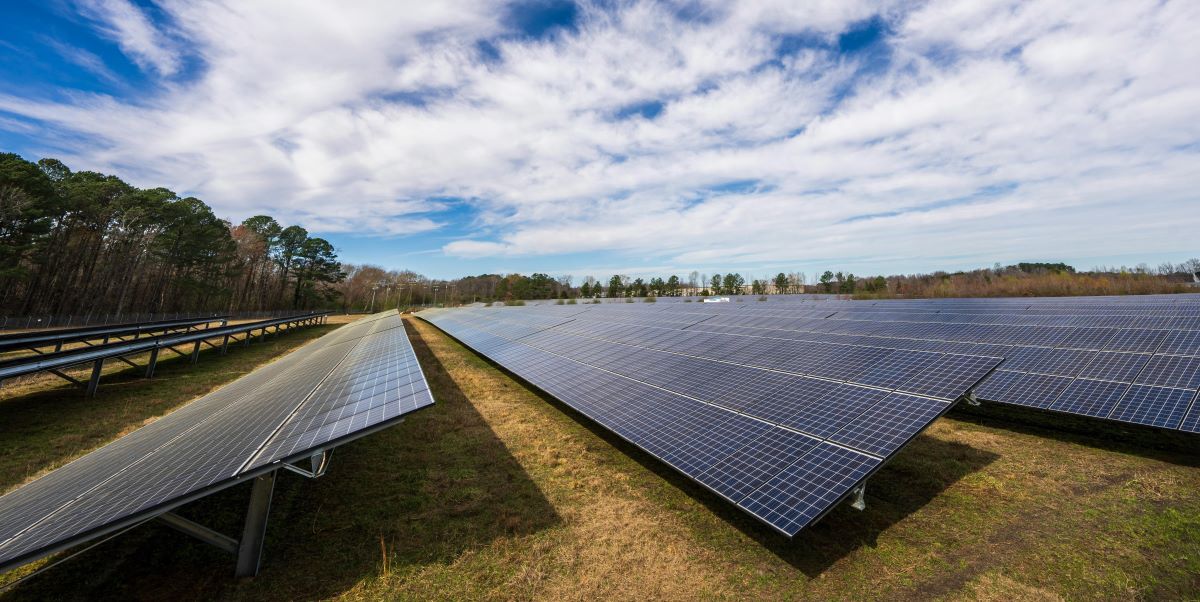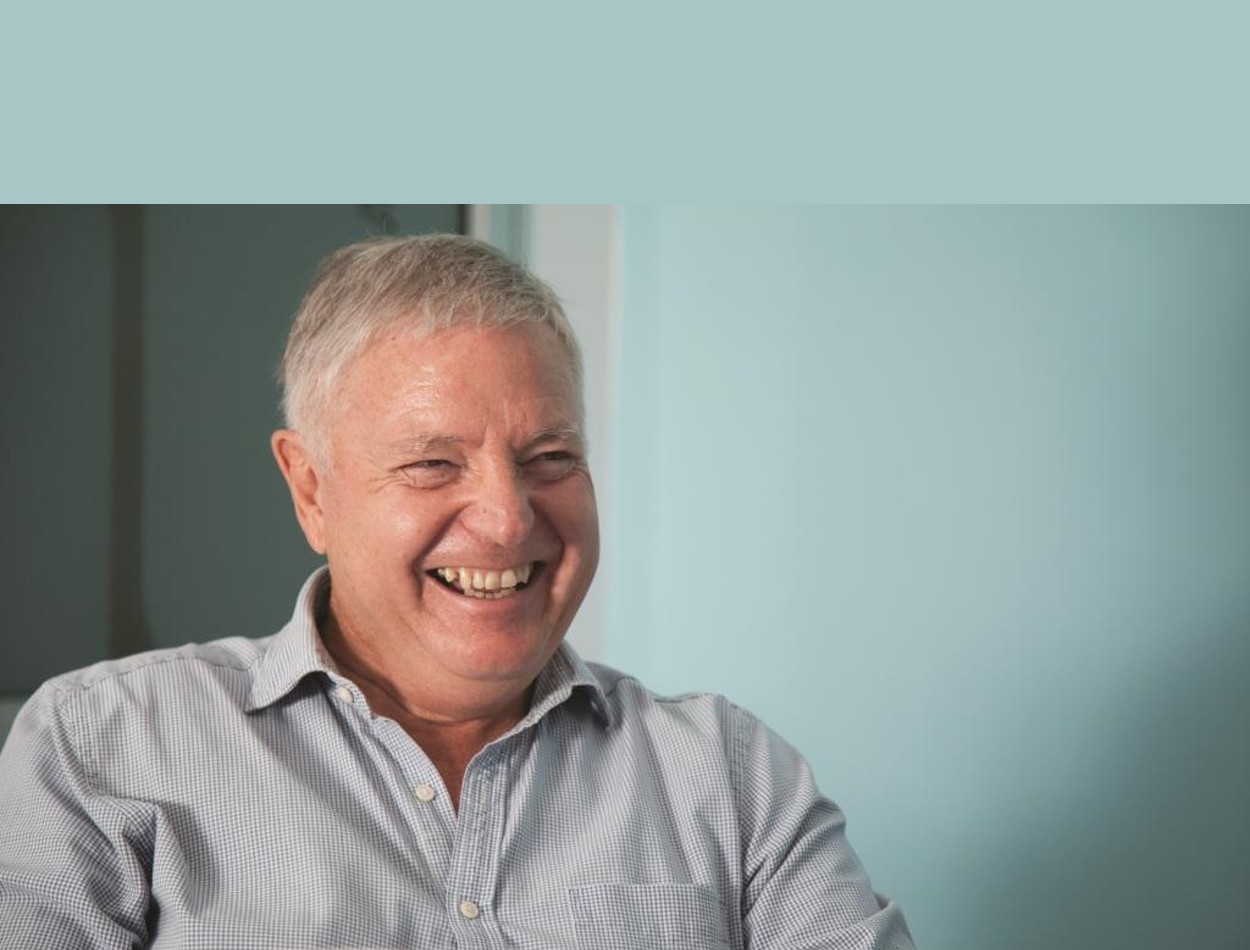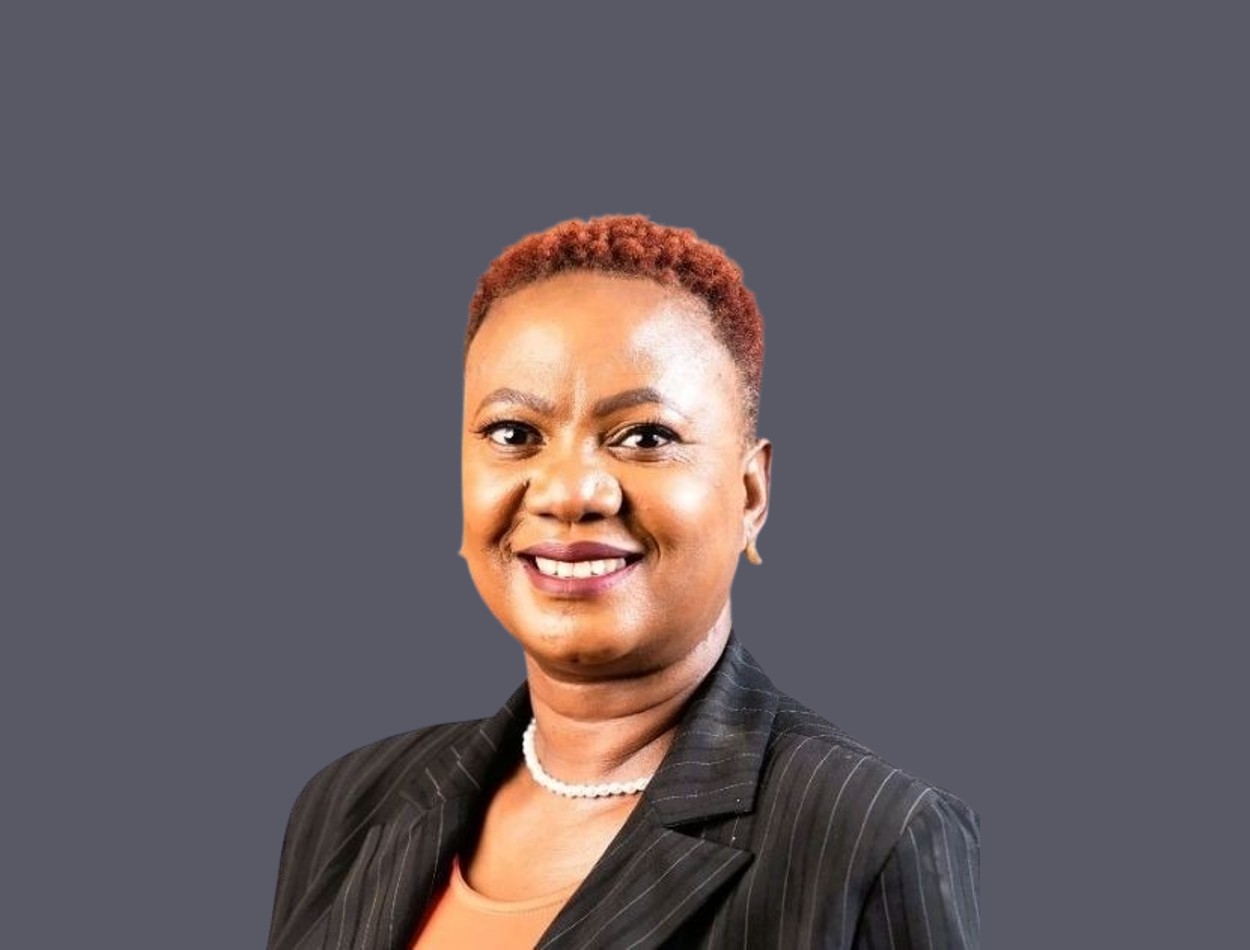My friend recently visited Ghana and discovered something unbelievable about the rural areas there.
They actually have streetlights! It’s hard to fathom not being able to find a place on a map in 2024, but the same area, remote as it may be, has managed to find its way towards light.
There are two types of rural areas: the ones some of you come from, and then there are the truly, truly, rural areas.
What amazed my friend even more was that these extremely remote areas had really solid streetlights!
She kept asking me to imagine a traditional African village with its mud-walled and grass-thatched houses, but with street lights shining brightly outside.
She insisted that if she ever decided to retire and live in an African village, she would definitely choose one in Ghana.
Ironically, we were having this conversation on a day that my country experienced a national power outage. I almost missed watching a Man City game, but luckily I found a way.
When I spoke to her later, she told me that the street lights were actually powered by solar energy! How amazing!
When she returned, she surprised me with a small solar panel that was proudly made in Ghana! I couldn’t contain my excitement.
I always wanted to have African-made tech products. It was a refreshing change from seeing “made in Japan, China, Thailand” on everything I bought.
I was so intrigued by this and I just had to find out who was responsible for it all. Is Ghana really manufacturing solar-powered systems?
Who are the masterminds behind this brilliant idea and how did it all unfold? After delving deeper, I stumbled upon a family business, founded by a Ghanaian visionary that is not only changing Africa’s manufacturing narrative but also creating generational wealth.
Dr. Francis Akuamoah Boateng is the driving force behind Ghana’s solar power project. Or should I say, he’s the mastermind behind the pioneer solar manufacturing company in West Africa?
Born to a paramount chief in the Brong Ahafo region of Ghana, Dr. Boateng comes from a family with a long line of chiefs and was expected to follow in their footsteps and become a chief himself.
However, Francis had bigger dreams than just being a village chief. He aspired to be a leader in every aspect that would benefit his people. The ever-evolving roles of each generation sparked his imagination and fueled his innovative and creative spirit.
It’s quite intriguing how he transitioned from being part of a lineage of chiefs to becoming a prominent entrepreneur in Ghana.

Around twenty years ago, he faced a daunting journey when he lost his father and had to travel from Abuja to his rural hometown late at night. The darkness and the late hour made the journey quite frightening for him.
As he drove away from the lit city of Accra towards the rural areas, he had to rely solely on the illumination from his car.
Although the lighting was adequate for him, he couldn’t help but ponder about those individuals who don’t own cars and might be conducting business in these villages.
How do they manage when darkness falls? Are they safe? Or have they become so accustomed to the situation that they can no longer discern the difference between having sufficient lighting and lacking it?
This experience made him brainstorm on ways of addressing the lighting problems in rural areas.
During that time, Ghana faced challenges in supplying electricity to rural areas, regardless of their production levels.
It was then that the idea of seeking alternative power sources to reach the villages dawned on him. He believed that if conventional electricity couldn’t reach those places, perhaps solar energy could. He then started importing solar-powered lighting products into Ghana, providing cost-effective and environmentally friendly solutions to aid his people.
After years of importing solar panels and solar lighting solutions mostly from China, Dr. Boateng set out to locally manufacture solar panels in Ghana.
In 2016, armed with a starting capital of US$ 50 million, he founded Strategic Power Solutions (SPS), Ghana’s first and biggest PV module manufacturing plant based in Kpone, a commercial hub just outside Accra.
The main focus of the company is to harness the power of the sun to provide cheaper and sustainable alternative power sources to the people of Ghana. It offers a range of solar-powered solutions, including off-grid and grid systems, photovoltaic systems, and PV street lights.
With 150 employees and 18 satellite offices spread across Ghana, SPS can produce 32MWp of solar panels each year, but with ongoing expansion will soon be able to produce 165 MWp of solar panels annually.
SPS is a subsidiary of the larger Strategic Security Systems International (3SiL), an independent Ghanaian-owned conglomerate currently headed by Francis’ son, Ofori Boateng.
3SiL’s other subsidiaries include; Strategic Clearing Agencies (SCA), a supply chain services provider, LiqSOIL Planning and Engineering, a real estate company and eScripts Solutions, a document management ICT firm.






